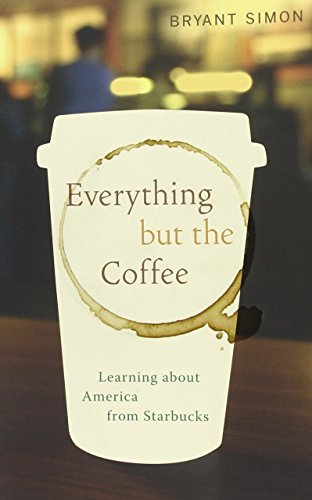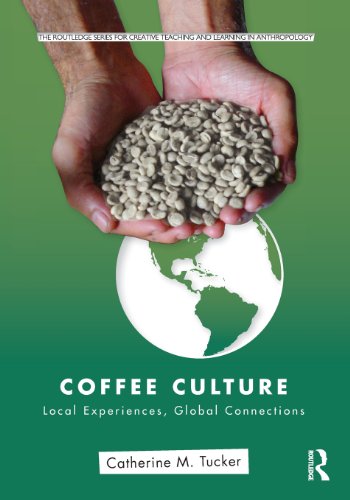
Everything but the Coffee: Learning about America from Starbucks
Everything but the Coffee casts a fresh eye on the world’s most famous coffee company, looking beyond baristas, movie cameos, and Paul McCartney CDs to understand what Starbucks can tell us about America. Bryant Simon visited hundreds of Starbucks around the world to ask, Why did Starbucks take hold so quickly with consumers? What did it seem to provide over and above a decent cup of coffee? Why at the moment of Starbucks’ profit-generating peak did the company lose its way, leaving observers baffled about how it might regain its customers and its cultural significance? Everything but the Coffee probes the company’s psychological, emotional, political, and sociological power to discover how Starbucks’ explosive success and rapid deflation exemplify American culture at this historical moment. Most importantly, it shows that Starbucks speaks to a deeply felt American need for predictability and class standing, community and authenticity, revealing that Starbucks’ appeal lies not in the product it sells but in the easily consumed identity it offers.

